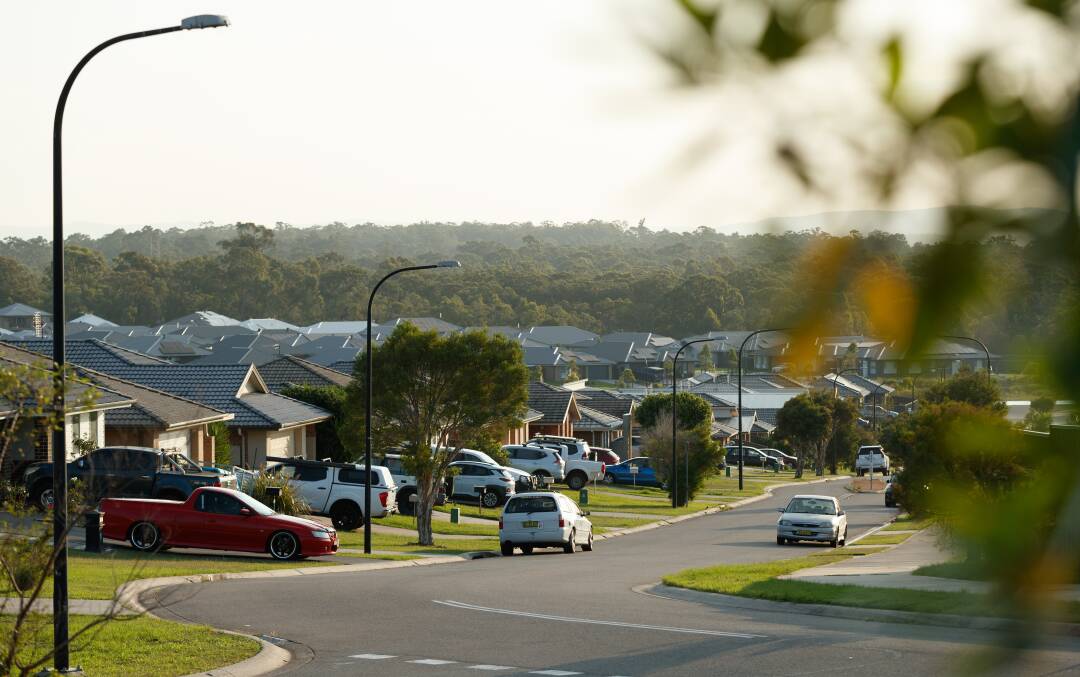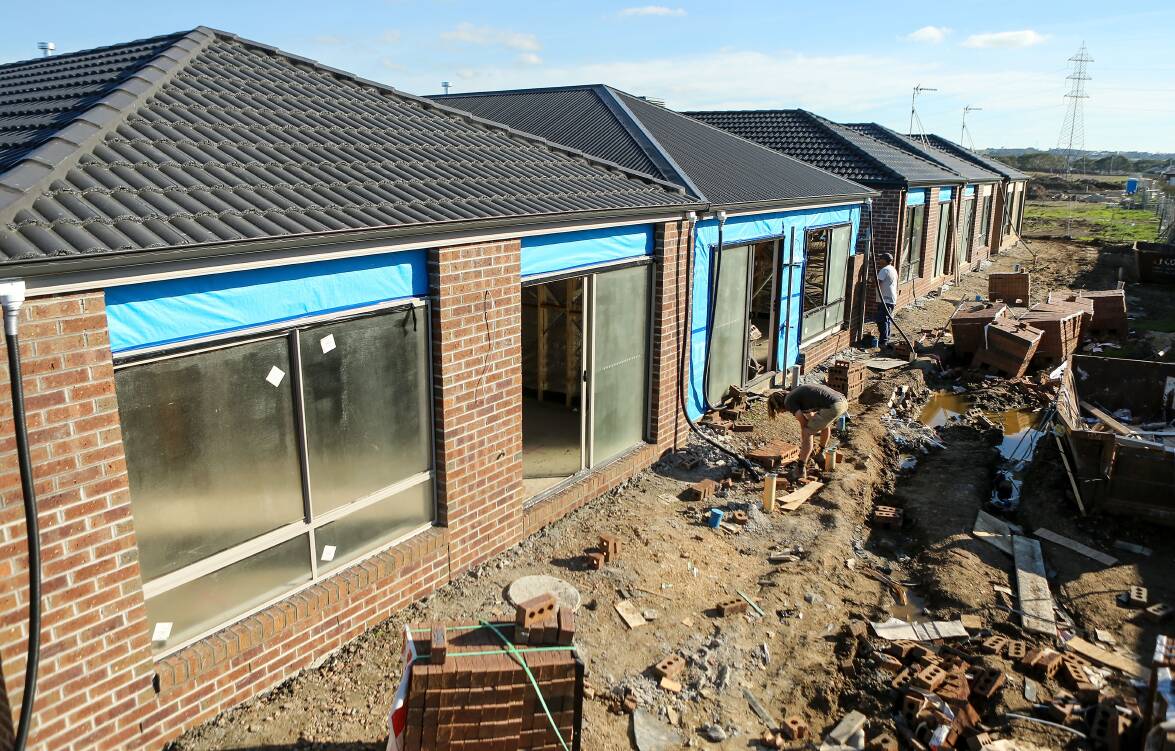Building approvals in parts of the Lower Hunter fell 55 per cent last year while other areas in the region recorded a surge of more than 80 per cent.
At the same time, approvals across NSW for the 12 months to November sat at 46,500, the lowest rolling annual total in a decade. It comes as the state needs on average, 92,000 new approvals per annum over the next five years to underpin its annual housing targets.
It has prompted the Urban Development Institute of Australia to warn that the state risks missing its National Housing Accord targets unless the rollout of new housing is accelerated.
The Australian Bureau of Statistics figures, compiled by the UDIA, show the Port Stephens local government area experienced a 55 per cent fall in overall approvals in between 2022 and 2023.
Approvals were down for houses, medium density and apartments.
Port Stephens Council's acting director-community futures, Brock Lamont, said the council had determined 827 development applications with a total capital investment value of $326 million during the year. This compared to a total of 1043 development applications with a total value of $319.4 million in 2021-22.
While there was a 21 per cent reduction in the total number of approved developments, there was a two per cent increase in the value of the developments.
"The data provided by the UDIA highlights a range of issues that have impacted the housing and construction industries including the cost of development, the supply of materials, project financing, increasing interest rates and the availability of suitable land for development," Mr Lamont said.
The council's revised local housing strategy is expected to be placed on exhibition in March.
"The revised strategy will clearly define the council's response to the NSW Housing Crisis, the challenges faced in delivering additional housing across Port Stephens as well as providing clarity in where and what type of housing can be delivered in Port Stephens," Mr Lamont said.
"Council continues to advocate to the NSW Government for funding support for the delivery of enabling infrastructure to reduce the costs associated with housing delivery and increase the speed at which new housing can be delivered."

Elsewhere, Lake Macquarie experienced a 17 per cent fall and Maitland a 5 per cent fall.
Cessnock recorded an 8 per cent increase, while Newcastle had an 82 per cent increase.
Newcastle's massive spike was fuelled by the approval of 720 apartments (a 642 per cent increase)
While the 4354 approvals that occurred across the region to November represented a drop of just 1 per cent, they were down 23 per cent from the peak of 5647.
"The Hunter is growing, and our success will be measured by the extent that environmental, social and economic outcomes are achieved and optimised in development. With vacancy rates below 2 per cent for over 5 years, housing supply will either be the driver of growth in the Hunter, or the hand-brake if employers cannot find homes for people to live," UDIA Hunter Chapter chair Jeffrey Bretag said.
The approvals data was complemented by new ABS commencement and completion data on Wednesday
UDAI NSW acting chief executive Gavin Melvin said the new data confirmed the turnaround in the housing sector had yet to start.
The data shows that NSW completed just 48,200 new homes in the 12 months to September 2023 - which despite being a 3 per cent increase annually, sits 36 per cent below the required average annual target of 75,600 needed to deliver the Accord targets.
It also showed that only 45,300 new dwellings commenced construction over this 12-month period, an annual 11 per cent decline annually. Respectively, these figures are 34 per cent and 40 per cent below their peaks.

Mr Melvin said the scenario would place further pressure on the state's capacity to deliver new housing and meet its obligations under the National Housing Accord.
"We are now in the final months leading up to the commencement of the National Housing Accord period in June and NSW is a long way behind where we need to be with approvals, commencements, and completions still in decline," he said..
"We have an ambitious challenge at hand with the State Government's commitment to deliver 377,000 homes in a five-year period. This is more than has never been built in NSW's history and will require a raft of policy changes with Government, industry and the community, working together to unlock a wave of new housing approvals and commencements."

.png?w=600)





